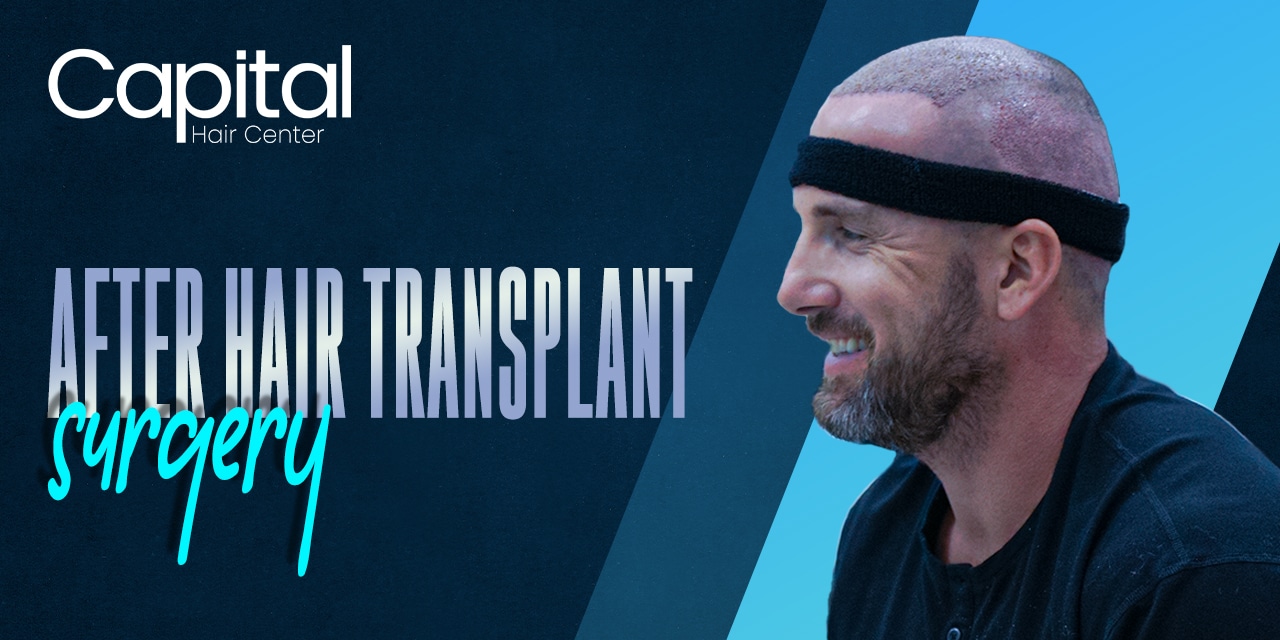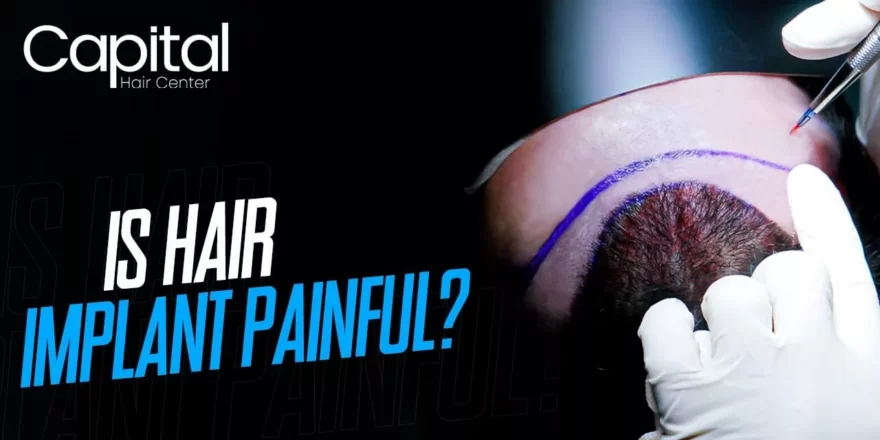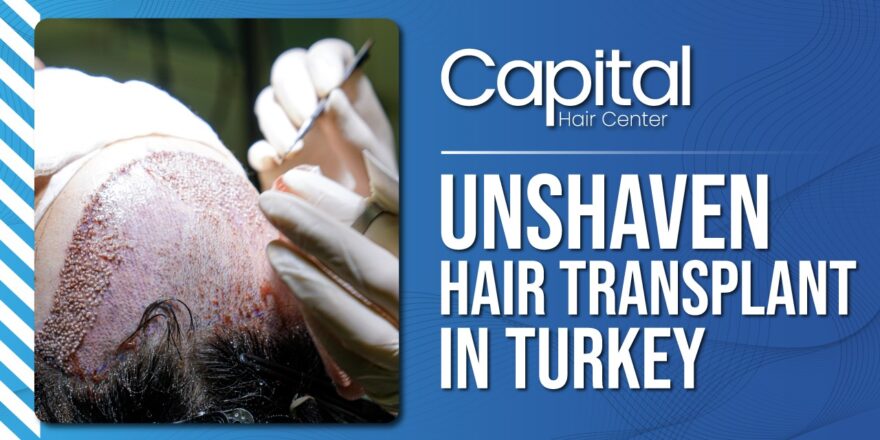How long does it take for hair to grow back after hair transplant surgery?
It’s a common question among those considering a hair transplant: How long does it take to grow back after hair transplant surgery? The answer, of course, depends on the individual. This post will look at the average hair growth timeline after hair transplant surgery, what factors can impact hair growth, and how you can maximize your results.
After hair transplant surgery, it takes about 3-6 months for the transplanted hair to begin growing. However, it can take up to a year for the hair to reach its entire length and thickness. So, while you may see some new growth within a few months, it will likely be several months before you see the full results of your hair transplant.
Factors that can impact hair growth after hair transplant include the type of surgery you had, your age, your overall health, and how well you follow post-operative care instructions. For example, those with an FUE (follicular unit extraction) surgery may see faster hair growth after a hair transplant surgery than those with more invasive hair transplant surgery like FUT (follicular unit transplantation) surgery. And generally speaking, younger patients tend to see faster hair growth than older patients.
You can do a few things to help maximize your hair growth after hair transplant surgery:
- Be sure to follow your surgeon’s post-operative instructions carefully. This includes taking prescribed medications, avoiding strenuous activity, and protecting your scalp from the sun.
- It would be best to avoid smoking, as this can impact hair growth.
- Eat a healthy diet and drink plenty of water to keep your hair and scalp healthy.
If you’re considering a hair transplant, it’s essential to have realistic expectations about the results. Hair growth after hair transplant surgery is gradual and can take several months to a year to reach its full potential. But with proper care and patience, you can enjoy a full, healthy head of hair for years to come.
- The first factor that affects hair growth after hair transplant is the type of surgery performed. FUT, or follicular unit transplantation, involves removing a strip of hair from the back of the head and then transplanting the individual follicles into the balding area. This type of surgery is more invasive and has a longer recovery time. So after hair transplant surgery like FUE, especially Sapphire FUE, your healing process will be much faster, and your growth will be much quicker after a hair transplant surgery.
- The second factor that affects hair growth after hair transplant surgery is the patient’s health before and after surgery. Healthy patients who take good care of themselves before and after hair transplant surgery will have a higher success rate in terms of hair growth than those who are unhealthy or do not take care of themselves.
- The third factor that affects hair growth after hair transplant surgery is the surgeon’s skill. A skilled surgeon can transplant the hair follicles to maximize their growth potential, while a less experienced surgeon may need to be able to do this more effectively.
- The fourth factor that affects hair growth after hair transplant surgery is the type of hair that is being transplanted. Hair from the back of the head is typically more dense and robust than hair from the sides or front of the head, and as such, it is more likely to survive the transplantation process and grow in the new location.
- The fifth factor that affects hair growth after hair transplant surgery is the patient’s age. Younger patients typically have better hair growth results than older patients because their hair follicles are more resilient and responsive to the transplantation process.
If you are considering a hair transplant, it is essential to consult a skilled and experienced surgeon to discuss the factors that may affect your hair growth after hair transplant surgery. By considering all of these factors, you can give yourself the best chance for a successful hair transplant and a full head of hair.





